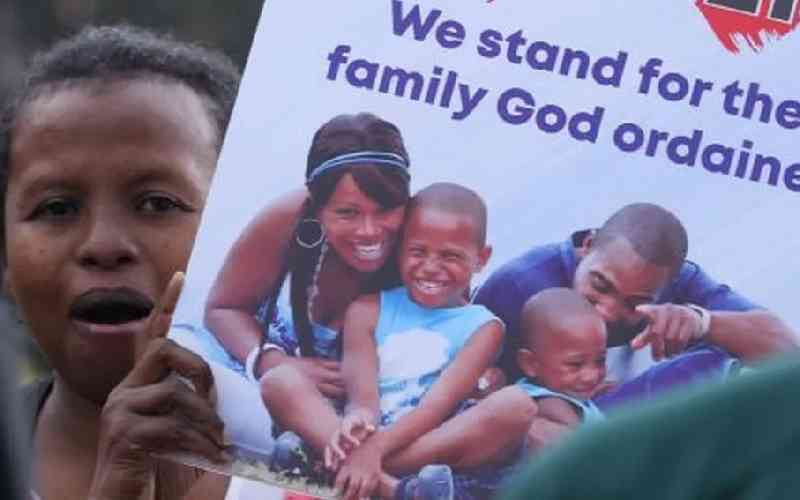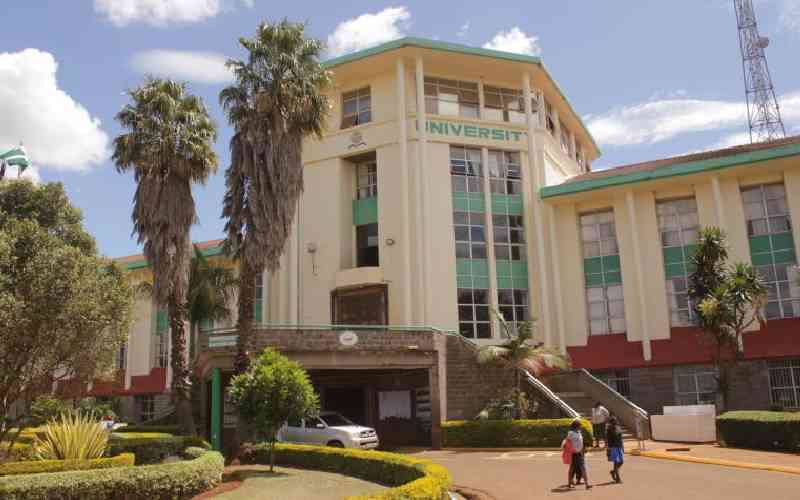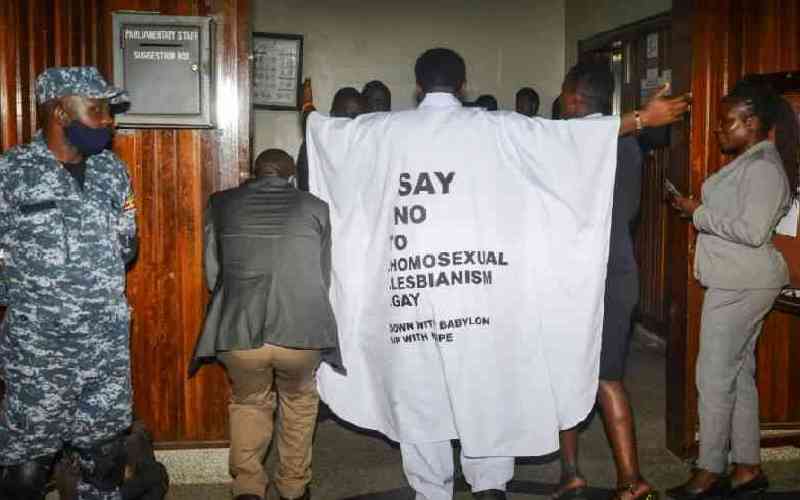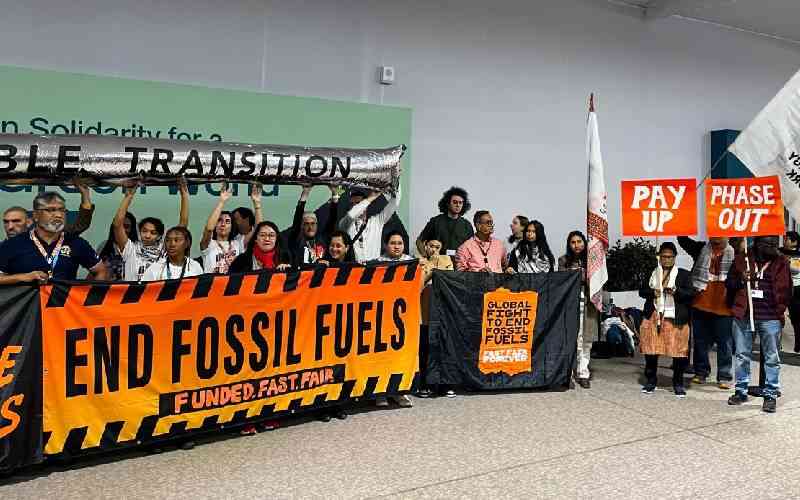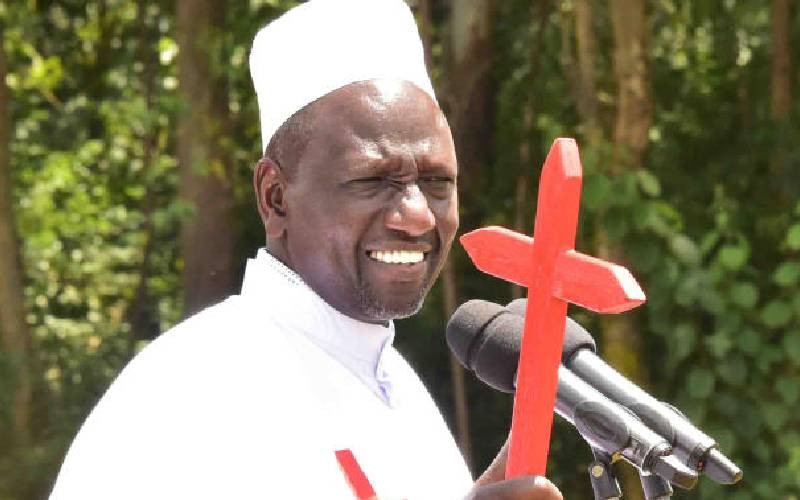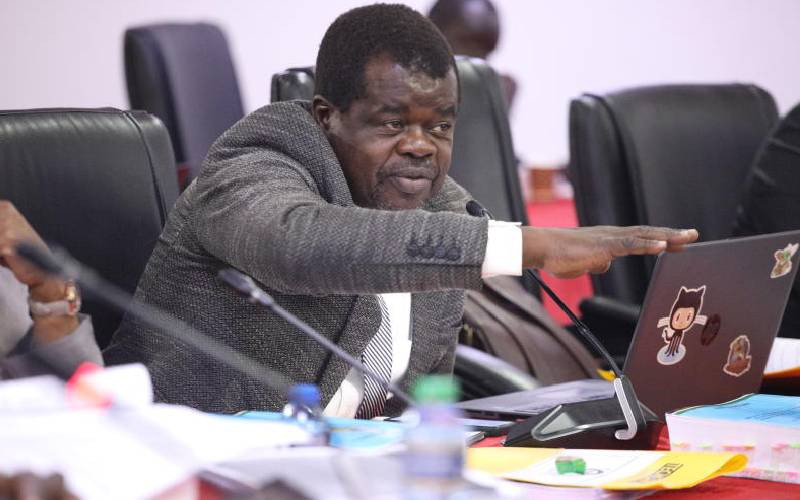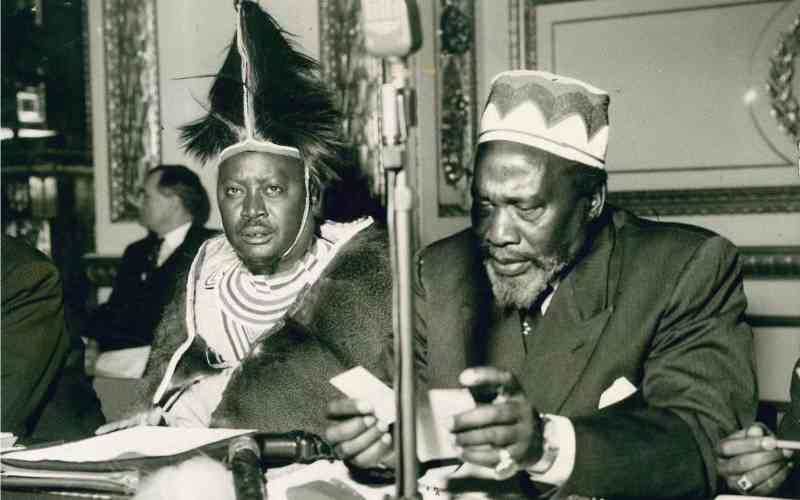Last week’s court decision in the case challenging the constitutionality of penal laws banning gay sex has elicited sharp reactions from across the Kenyan society.
Whereas many have lauded the High Court Judges for their decision, others have criticised them for denying gay people their constitutional right to dignity and the equal protection of the law.
The case challenged the constitutionality of sections of the Penal Code that outlaw sexual acts against the order of nature - commonly referred to as gay sex - on the grounds that the sections are ambiguously worded and should not therefore be enforced.
It is a basic principle of the law that criminal law should be clear and unambiguous for it to be enforceable.
The other allegation in the petition was that the sections violate several rights that are protected by the Constitution.
The petitioners claimed that the sections banning carnal knowledge against the order of nature are ambiguous and should not, therefore, be enforced. They claimed that there is no clarity on what the phrase "carnal knowledge against the order of nature" means, nor is the law clear on what "indecent acts between males" mean.
The court dismissed this argument, saying that the meaning of the contested phrases is well known.
The court referred to dictionary definitions and definitions given by courts from other countries to conclude that the phrases include sodomy and anal sex. The court also held that anyone who is charged under the section would be given the exact particulars of the wrongful action constituting the charge.
It is important to point out here that consensual anal sex between a man and a woman would also be punishable under this interpretation.
The Petitioners argued further that the sections are discriminatory since they target only gay people. In response to this, the Court held that the sections are not discriminatory since they outlaw carnal knowledge against the order of nature by any and all persons, whether gay or straight.
Another ground was that the sections deny the members of the gay community the right to health. They argued that they are vulnerable and highly susceptible to HIV but they cannot get the healthcare they need because of the stigma they suffer in the hands of members of the public and some in the medical field.
The court found that no evidence was presented to show that gay persons are denied the right to the highest possible standards of health.
The petitioners also argued that the sections denied them the right to fair hearing. This is because the manner in which their bodies are inspected when the police are gathering evidence to support a charge under these sections is undignified and dehumanizing.
Again, the court held that they did not provide adequate evidence to show that during their trial for violating these sections, evidence was procured from gay persons in a prejudicial manner.
The court held further that evidence procured in a prejudicial manner can always be excluded from court proceedings.
Stay informed. Subscribe to our newsletter
Another ground was that gay persons are often subjected to all manner of intimidation, harassment, extortion, and blackmail by many, including law enforcement agencies, and that this amounts to a violation of their right to freedom and security of the person.
The court took the view that no evidence was presented to show that any of the respondents suffered a violation of the right to freedom and security of the person.
The same fate befell allegations that the sections violated the petitioners’ freedom of conscience, religion, and belief.
Perhaps the most significant argument was that the sections violated the petitioners’ right to dignity and privacy. They argued that they engage in the outlawed sexual acts with each other’s consent and in private, and that there is no victim who suffers when they engage in these consensual acts.
After analysing court decisions from other countries where the same issue has arisen in the recent past, the Court found that gay sex is against the principles and values in the Constitution which mirror the values and beliefs of the Kenyan society.
The Court took the view that Kenyans debated at length the question of same sex unions during the constitution review process in 2010 and settled only on heterosexual marriages as the foundation of society.
According to the court, permitting gay sex would open the door to same sex marriage which is directly against Article 45(2) of the Constitution which allows marriage between men and women only.
The court also remarked that none of the countries that have permitted gay sex have constitutions that allow only heterosexual marriages.
The court took this view despite the fact that all petitioners were emphatic that they were not asking the court to legalize same sex marriage. According to the petitioners, they were only asking the court to declare that it is unconstitutional to punish people for engaging in consensual gay sex.
By determining the petition in light of the marriage question, it is clear that the court was careful to avoid making a determination on an issue that Kenyans debated at length during the constitution review process.
This approach is similar to that taken in jurisdictions like the US which battled with the question of same sex marriages for decades. Even though the US Supreme Court finally legalized same sex marriages across the entire US, many judges had avoided the issue, saying it was for the American people, either directly or through their elected representatives in parliament – to make a determination on same sex marriage.
It is clear that the High Court pushed this issue back to the Kenyan people in the hope that they will take it up when another constitutional review moment arises. Before then, we wait to see what the Court of Appeal and the Supreme Court will decide - the case will certainly find its way there.
– [email protected] – the author teaches law at the University of Nairobi. The views expressed here are his own.
 The Standard Group Plc is a
multi-media organization with investments in media platforms spanning newspaper
print operations, television, radio broadcasting, digital and online services. The
Standard Group is recognized as a leading multi-media house in Kenya with a key
influence in matters of national and international interest.
The Standard Group Plc is a
multi-media organization with investments in media platforms spanning newspaper
print operations, television, radio broadcasting, digital and online services. The
Standard Group is recognized as a leading multi-media house in Kenya with a key
influence in matters of national and international interest.
 The Standard Group Plc is a
multi-media organization with investments in media platforms spanning newspaper
print operations, television, radio broadcasting, digital and online services. The
Standard Group is recognized as a leading multi-media house in Kenya with a key
influence in matters of national and international interest.
The Standard Group Plc is a
multi-media organization with investments in media platforms spanning newspaper
print operations, television, radio broadcasting, digital and online services. The
Standard Group is recognized as a leading multi-media house in Kenya with a key
influence in matters of national and international interest.


